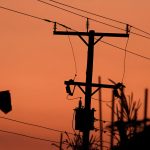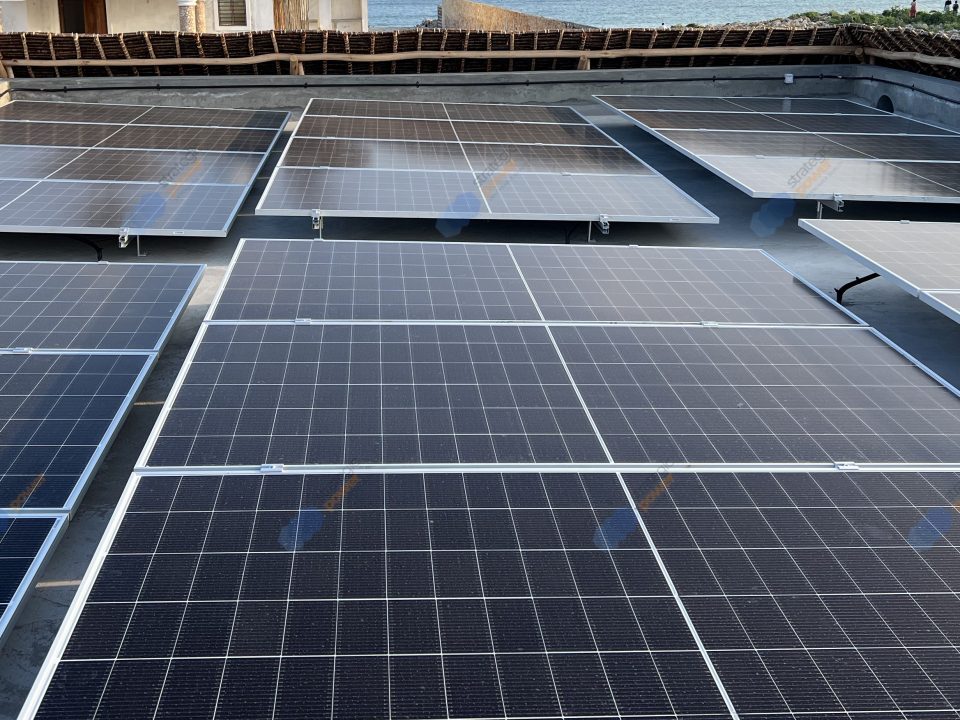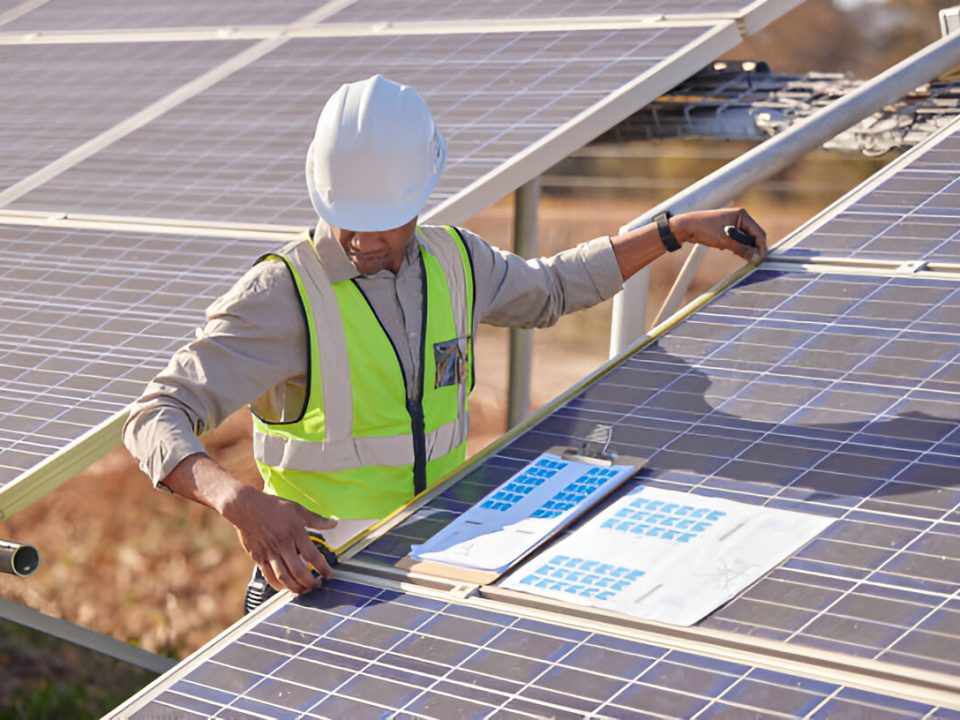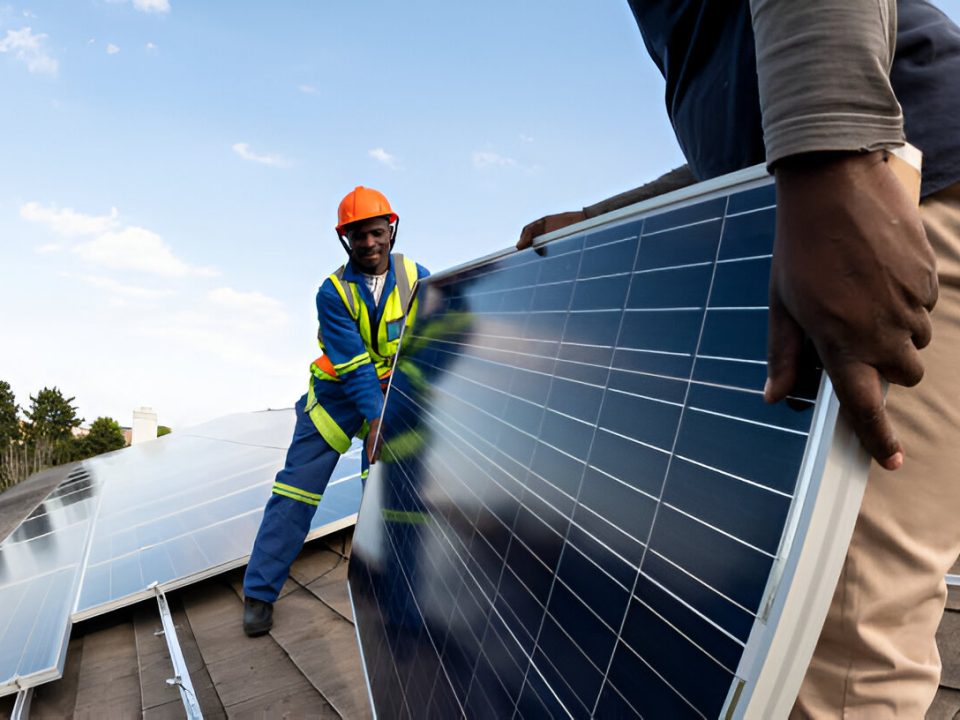
Go Off-Grid & Kiss KPLC Goodbye: Embrace Energy Independence Today
January 12, 2025
Solar Energy Incentives and Policies in Kenya: What You Need to Know
February 5, 2025In recent years, Africa has emerged as a global leader in renewable energy adoption, with solar power at the forefront of this transformation. As the continent grapples with the dual challenges of energy access and climate change, solar energy is proving to be a game-changer, offering a sustainable, affordable, and scalable solution to power millions of homes, businesses, and communities. From rural villages to bustling urban centers, solar energy is reshaping Africa’s energy landscape and paving the way for a brighter, more sustainable future.
The Energy Access Challenge in Africa
Africa is home to some of the fastest-growing economies in the world, yet it remains the most energy-poor continent. According to the International Energy Agency (IEA), over 600 million people in sub-Saharan Africa lack access to electricity. This energy deficit stifles economic growth, limits educational opportunities, and exacerbates poverty. Traditional energy infrastructure, such as coal and gas-powered plants, has struggled to meet the growing demand due to high costs, logistical challenges, and environmental concerns.
Enter solar energy—a clean, abundant, and increasingly affordable alternative that is perfectly suited to Africa’s unique geography and climate. With some of the highest solar irradiation levels in the world, Africa has the potential to generate up to 10 terawatts of solar energy, enough to power the entire continent several times over.
Solar Energy: A Catalyst for Change
Solar energy is not just about providing light; it’s about unlocking opportunities. Across Africa, solar power is transforming lives and communities in profound ways:
Rural Electrification: In remote areas where extending the grid is economically unfeasible, off-grid solar systems are bringing electricity to millions for the first time. Solar home systems (SHS) and mini-grids are powering homes, schools, and clinics, enabling children to study after dark, improving healthcare delivery, and boosting local economies.
Economic Empowerment: Solar energy is creating jobs and fostering entrepreneurship. From solar panel installers to maintenance technicians and solar product distributors, the industry is generating thousands of jobs across the continent. Companies like M-KOPA and d.light are pioneering pay-as-you-go solar models, making clean energy accessible to low-income households.
Climate Resilience: As the impacts of climate change intensify, solar energy offers a resilient and sustainable alternative to fossil fuels. By reducing reliance on diesel generators and kerosene lamps, solar power is cutting greenhouse gas emissions and improving air quality, particularly in urban areas.
Innovation and Technology: Africa is embracing cutting-edge solar technologies, from floating solar farms to solar-powered irrigation systems. These innovations are addressing critical challenges in agriculture, water management, and infrastructure development, driving sustainable growth across sectors.
The Road Ahead
- Morocco: Home to the Noor Ouarzazate Solar Complex, one of the largest solar farms in the world, Morocco is harnessing its vast solar resources to generate clean energy and reduce its dependence on imported fossil fuels.
- Kenya: Kenya is a pioneer in off-grid solar solutions, with companies like Strategic Power providing affordable solar systems to over thousands of households. The country is also investing in large-scale solar projects, such as the Garissa Solar Plant, which supplies electricity to 70,000 homes.
- South Africa: South Africa’s Renewable Energy Independent Power Producer Procurement Programme (REIPPPP) has attracted billions of dollars in investment, making it one of the most successful renewable energy initiatives on the continent.
- Rwanda: Rwanda’s Agahozo-Shalom Youth Village solar farm is not only generating clean energy but also providing vocational training for young people, demonstrating the social and economic benefits of solar power.
Overcoming Challenges
While the potential of solar energy in Africa is immense, several challenges remain. High upfront costs, limited financing options, and inadequate infrastructure can hinder the widespread adoption of solar technologies. Additionally, policy and regulatory barriers often slow down project implementation.
To overcome these challenges, governments, private sector players, and international organizations must work together to create an enabling environment for solar energy development. This includes providing incentives for renewable energy investments, streamlining regulatory processes, and investing in grid infrastructure and energy storage solutions.
The Road Ahead
The future of Africa’s energy landscape is undeniably solar. As technology advances and costs continue to decline, solar energy will play an increasingly central role in powering the continent’s growth and development. By embracing solar power, Africa can leapfrog traditional energy systems and build a sustainable, inclusive, and resilient energy future.
The journey is just beginning, but the potential is limitless. With the right policies, investments, and partnerships, solar energy can light up every corner of Africa, empowering communities, driving economic growth, and safeguarding the planet for future generations. The sun is rising on a new era of energy in Africa—and the possibilities are as vast as the continent itself.
About the Author: Anthony Mwangi is a renewable energy enthusiast and advocate for sustainable development. With a passion for clean energy solutions, Anthony writes about the latest trends and innovations shaping the future of energy in Kenya,Africa and beyond.




